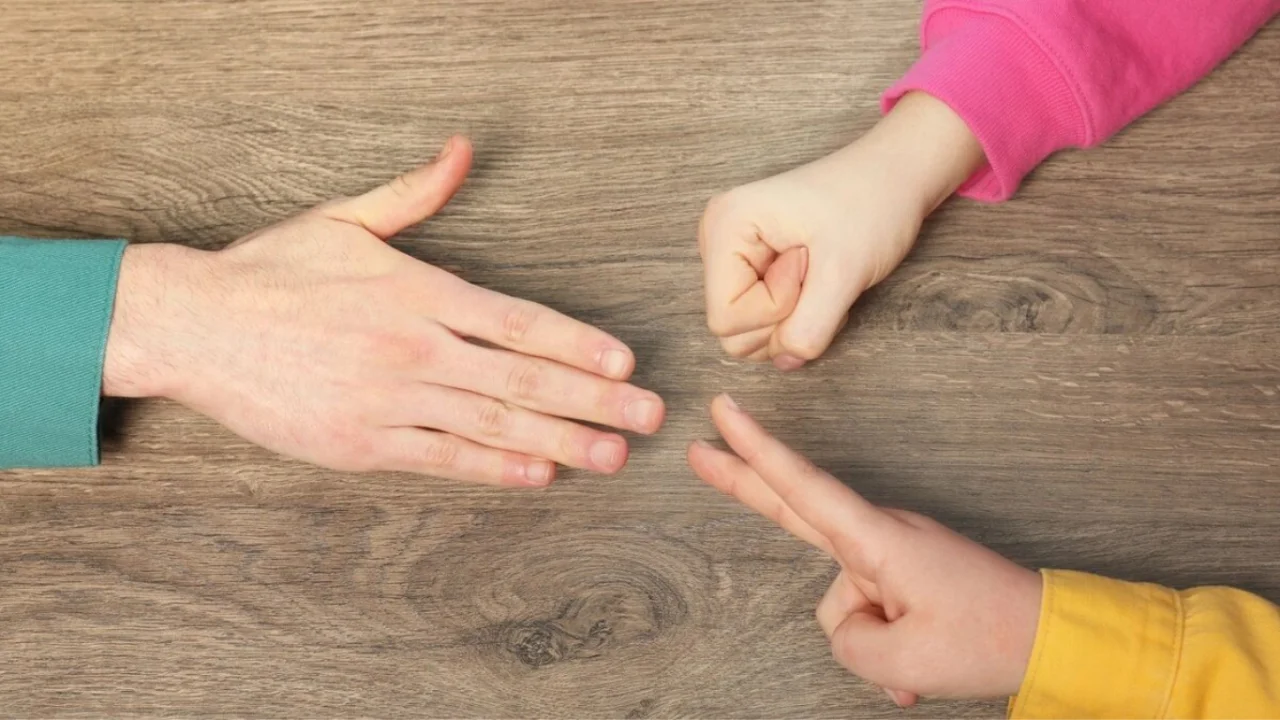Scientists have discovered the secret to winning the game "Stone, Paper, Scissors"

Although "stone, paper, scissors" is often considered a simple random game, an Australian cognitive scientist emphasizes that there is a way to win almost every time. According to Dr. Denis Merel of the University of Western Sydney, the key to winning is to completely forget about the previous round.
In an article for The Conversation, the researcher explains that attempting to analyze previous actions only prevents true randomness. Experiments showed that participants who ignored past choices - their own and their opponents' choices - won more.
For the study, Merel and her colleagues involved 62 people to play the computer version of the game. A total of 15,000 rounds were played, and their brain activity was monitored using electroencephalography (EEG). The data showed that the brain responds to past actions, which makes players predictable. "We can predict a player's decision about a stone, paper, or scissors even before they make a choice," Merel emphasized.
According to the scientist, the best strategy is to act as randomly and unpredictably as possible. Players should avoid analyzing past rounds and trying to predict their opponents' moves. Even a slight bias, such as a tendency to choose a stone more often, reduces their chances of winning.
Experiments have shown that people avoid repeating choices and overestimate the value of certain pieces. More than half of the participants preferred the stone, less the scissors. All this hinders true randomness and makes players prone to prediction.
We remind you that the game "stone, paper, scissors" has a rich history. Its first mentions are found in China around 1600, and its modern version with stone, paper, and scissors appeared in Europe and the United States in the 20th century.
Read “Zamin” on Telegram!












